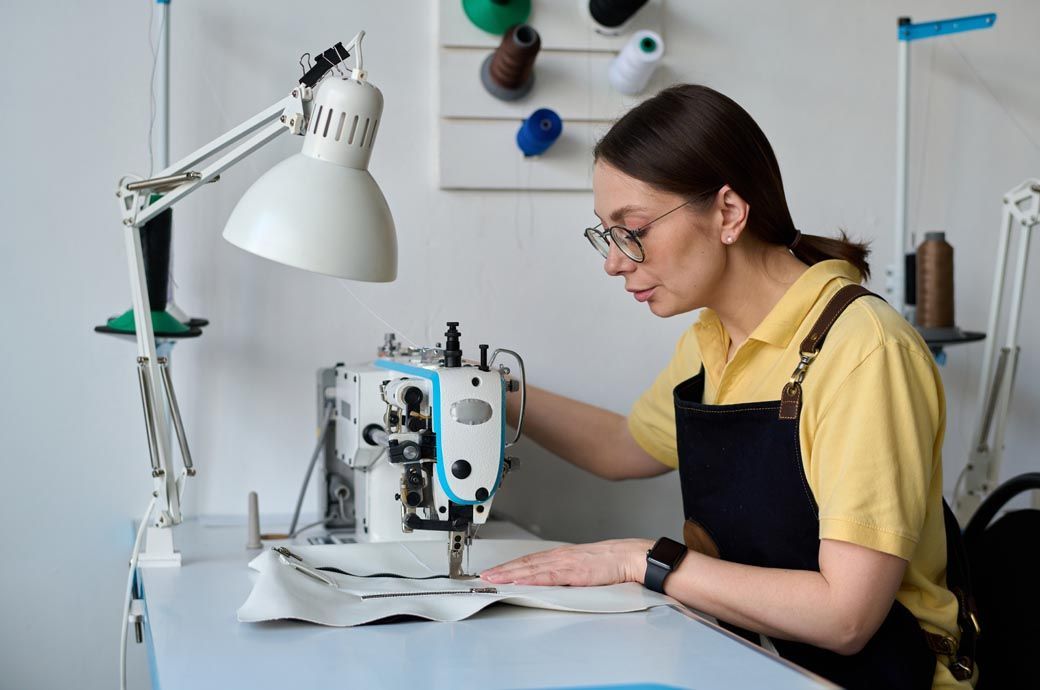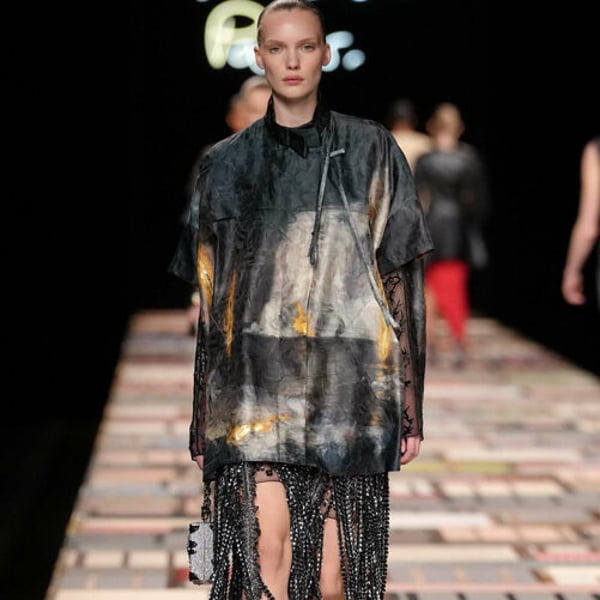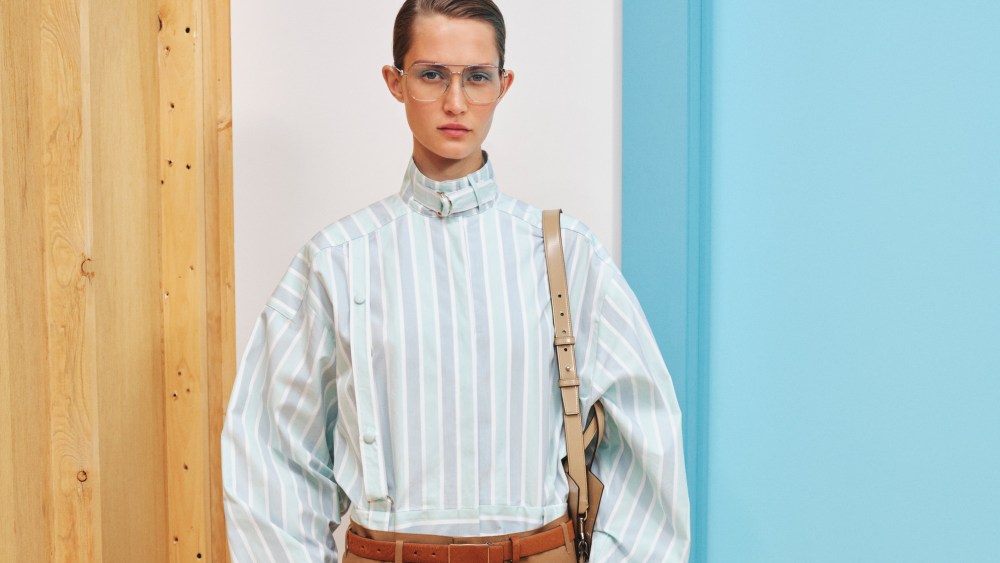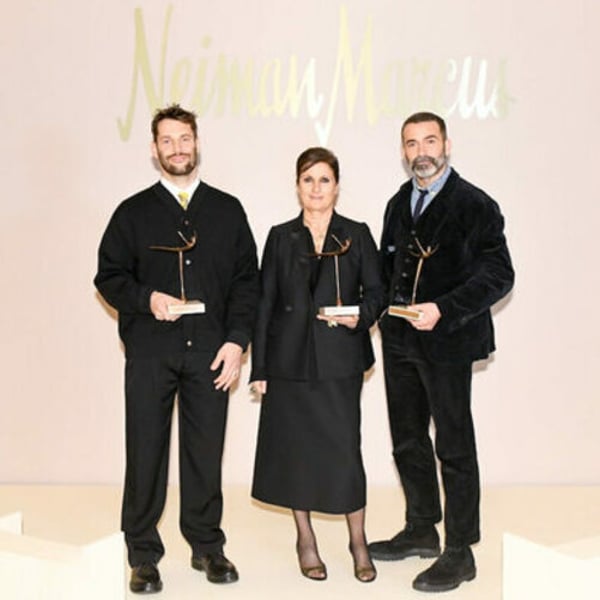In contrast, management roles and owners and chief executive officers (CEOs) perceive a smaller gender pay gap: 80 percent of CEOs interviewed stated that they do not observe a gender pay gap in their company.
More than four-fifths of the Italian fashion manufacturing industry are made up of micro-enterprises with fewer than 10 employees, 18.5 percent are small and medium-sized enterprises (SMEs) with between 10 and 249 employees and 0.2 percent are large companies with more than 250 employees.
Two out of three HR executives at fashion manufacturing companies in Italy say there are pay inequalities that put women at a disadvantage, and half of executives working in the field of diversity, equity and inclusion agree, according to a survey. The largest gender pay gap is perceived in senior positions. Half of the companies surveyed are considering requiring a Gender Equality Certification.
Due to their size, the vast majority of these companies are exempt from complying with some EU and Italian regulations related to pay and gender equality. However, many of these manufacturers, although small, are in the supply chains of major Italian and other European brands that will have to comply with such regulations, the survey report noted.
In Italy, more than 600,000 people work in the fashion sector.
The country has witnessed an increase in women’s representation on the boards of fashion companies, rising from 21.3 percent in 2020 to 27 percent in 2023. This shift is mainly attributed to a growing focus on gender inequalities resulting in more policies and laws supporting female quotas in corporate leadership, thereby creating a positive impact on gender equality.
Most of the gender pay gap is seen in senior positions, such as executive and management positions. 52% of respondents said that women in senior positions experience more widespread pay discrimination than factory or production workers and administrative or office workers.
All large companies claim to have at least one policy to ensure equal pay between women and men; surprisingly, micro-enterprises come in second in terms of percentage, with 43 percent of respondents claiming to have at least one such policy. However, half of the companies surveyed are considering applying for a Gender Equality Certification.
Achieving equal pay in the Italian fashion manufacturing industry requires a collective cultural effort, the report notes. Understanding the role that social and cultural norms, including asymmetries in domestic and care responsibilities, play in the gender pay gap and other gender disparities is crucial, it notes.
Organisations must implement actions to close the gap between EU regulations and brand policies. Measures in support of an inclusive culture that values fatherhood are particularly important, she added.
Fibre2Fashion (DS) Press Desk

